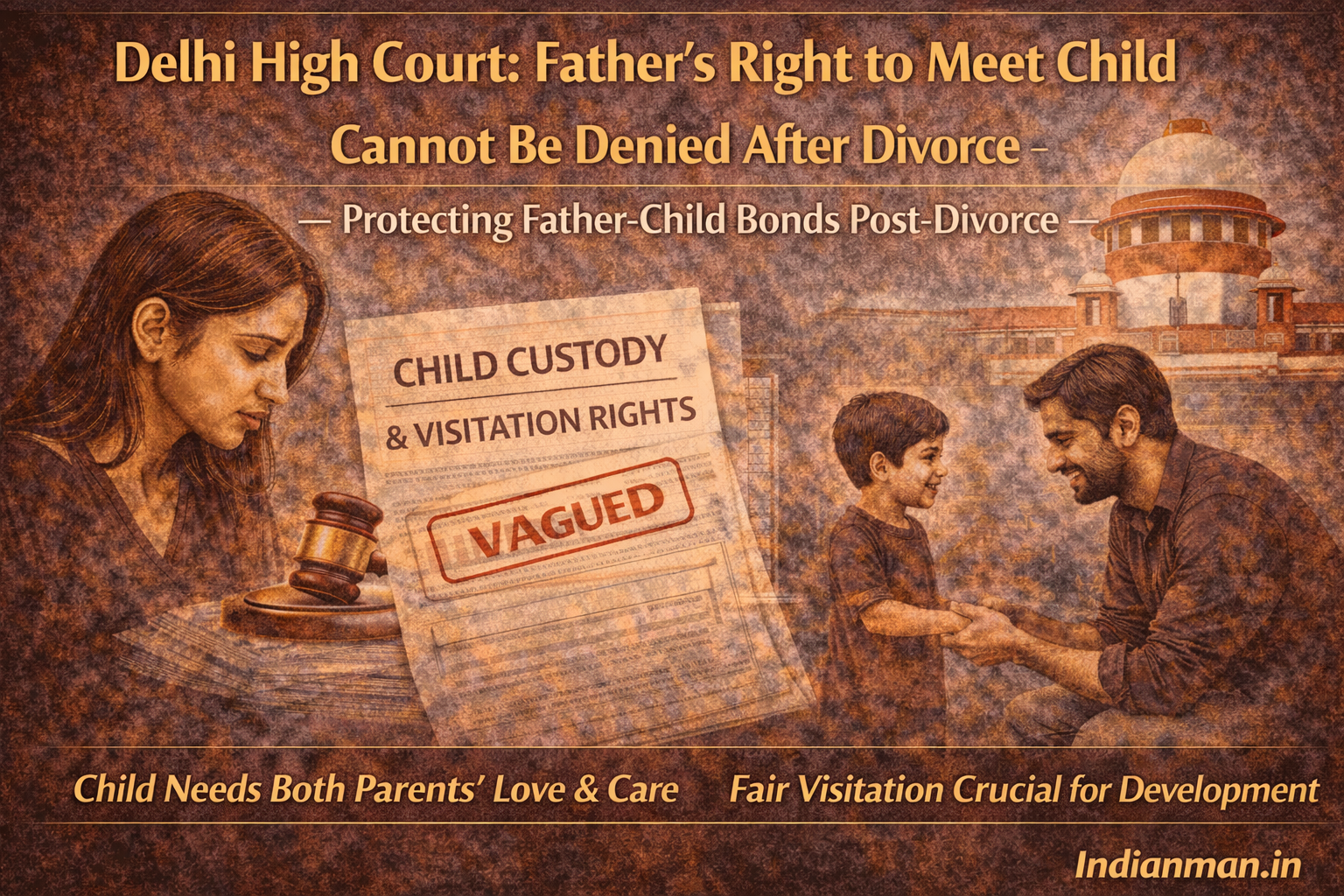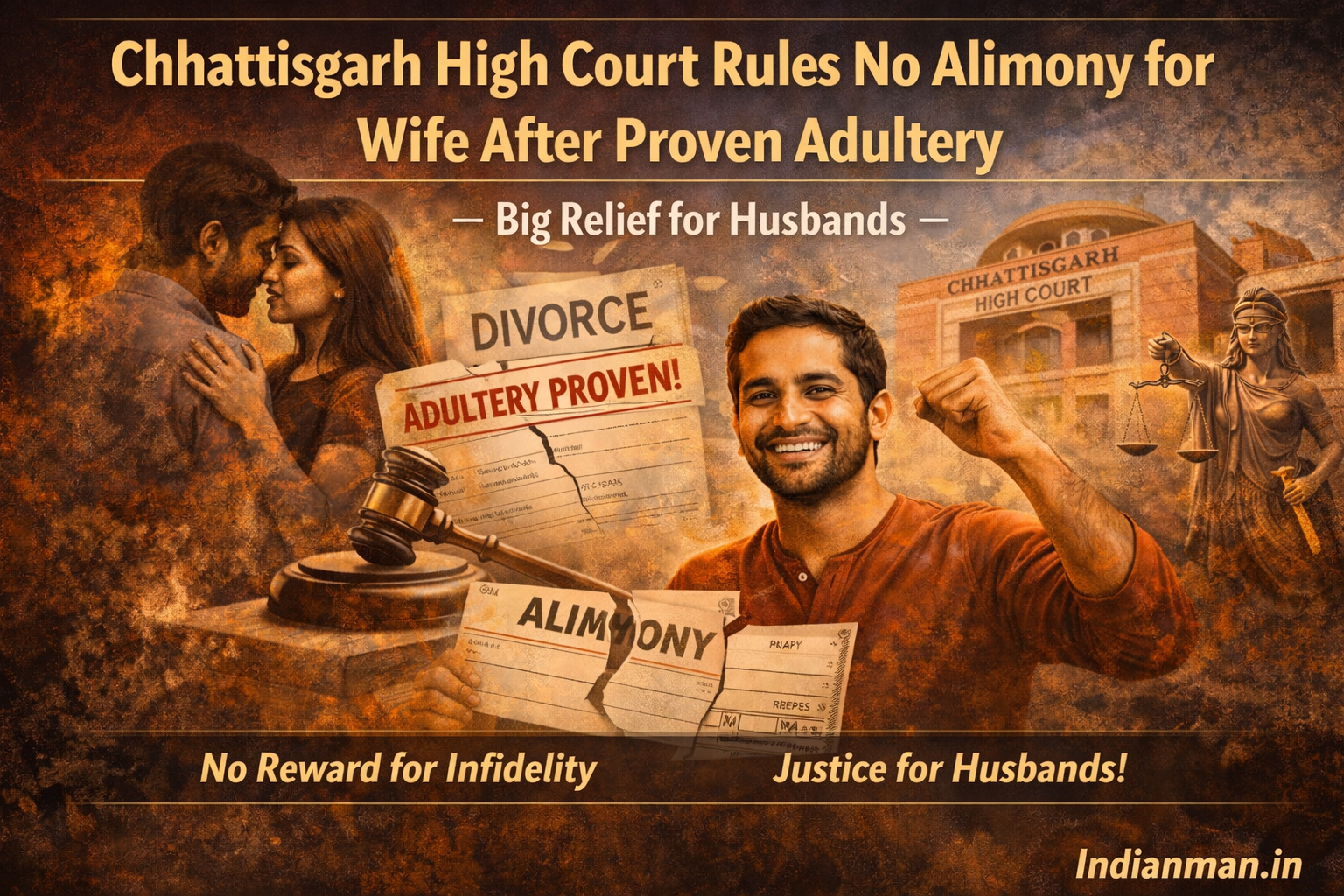Supreme Court: Mother Can Choose Child’s Surname After Remarriage
The Supreme Court of India has ruled that a mother, as the natural guardian, can decide the surname of her child, even after she remarries. This decision overturned a previous order from the Andhra Pradesh High Court that had required the child’s surname to be restored to that of the deceased biological father and to list the new husband as a stepfather in official documents.
The case involved a conflict between the child’s maternal family and the paternal grandparents of the deceased biological father. After her first husband passed away, the mother remarried and gave the child her new husband’s surname. The High Court had instructed her to revert the surname and label her husband as a stepfather wherever possible.
Unhappy with the ruling, the mother approached the Supreme Court, which found the High Court’s directions harsh and emotionally damaging to the child.
“A name is more than just identification — it gives a child a sense of belonging,” the Court said. “A different surname from the rest of the family can constantly remind the child of their adoption or family changes, affecting their mental health and self-esteem.”
The Court emphasized that surname is not just about heritage, but also plays a key role in social identity and emotional security. A shared surname helps establish and maintain family unity.
During the legal process, the mother’s new husband also legally adopted the child through a registered adoption deed. Recognizing this, the Court affirmed:
“As the natural guardian, the mother has the legal right to decide the child’s surname and to give the child in adoption.”
The Court further said there was nothing wrong in the mother giving the child her new husband’s surname or in legally allowing her husband to adopt the child.
In conclusion, the Supreme Court set aside the High Court’s ruling, stating that courts can only intervene in such matters if it is proven that the change negatively affects the child’s best interest, which was not the case here.
Be a part our social media community:
Facebook: https://www.facebook.com/IndianMan.in?mibextid=ZbWKwL
Instagram:
https://www.instagram.com/indianman.in?igsh=MWZ2N3N0ZmpwM3l3cw==



